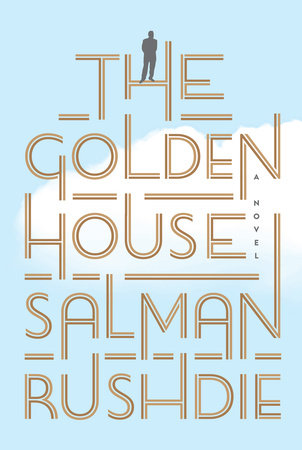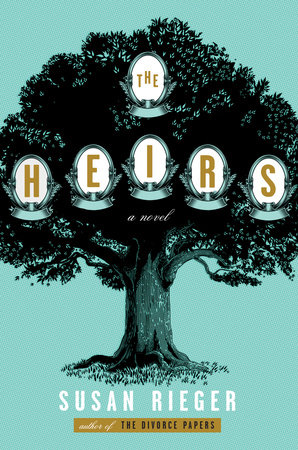

My former boss once interviewed Salman Rushdie. She’s met hundreds of prominent people over her career, and she said he stuck out as a favorite because he was both brilliant and generous.
For this, and also because it is ubiquitous in Books You Have to Read lists, I once packed Midnight’s Children as my only reading option on an intercontinental plane ride. I ended up giving up about halfway through (it’s a THICK book!). I found the writing brilliant, yes, but not really that generous — in fact, it almost read as if it were a vehicle to display Rushdie’s brilliance, and that’s why the book is so long.
Actually, the truth may also just be that I’m not bright enough (or patient enough) to enjoy Rushdie’s brilliance (I once also ditched the almost universally-lauded Wolf Hall mere chapters from the end, so I am serious when I say this is the likely explanation).
For this reason, I was nervous to request an advanced review copy of The Golden Hour. I was afraid I’d have a hard time finishing it. But the blurb said this book is a scathing commentary on today’s political and cultural climate (my paraphrase), so I was intrigued. (Also, I felt the need to finish a Rushdie sooner rather than later.) This time, I plowed through the book during a cross-country road trip. I finished in a few days — and I enjoyed it!
The Golden House is about privileged family, Nero Golden and his three grown sons. The Goldens are remarkable because of their wealth (they own a mansion in a private New York City neighborhood), but also because they suddenly appear in New York with nary a backstory. In fact, they are intent on obscuring their shared family history — we don’t even know their real names or their country of origin. We are made privy to this family’s secrets by a Nick Caraway-esque narrator, who initially tells us his job is to observe, but, of course, gets himself inextricably tied to each family member’s fate all the way to the bitter end. The narrator, who gives himself a pseudonym (Rene — take a guess as to why a pseudonym is necessary), almost immediately excuses his obsession with the family by claiming he is writing a screenplay in which they are the subjects. And thus begins the tale.
What I liked about this book: Rushdie is not shy when using foreshadowing (is it foreshadowing if he tells us outright that something bad is going to happen?), but it worked for me. I genuinely wanted to know what would happen next, especially once Rene gets more directly involved. I also enjoyed the hyper-currentness of the piece, which I’m not sure I’ve ever experienced in a novel— Rushdie takes us all the way past Trump’s victory to 2017. The way he paints the most recent election is fascinating and disturbing (Trump’s character is The Joker, Clinton is Batgirl) — I was acutely aware of just how farcical real life seems right now. Rushdie also dips into a multitude of worlds within his narrative — we hear about the art scene in New York City, Indian mob culture, even the inner-thoughts of a Russian gold-digger. And the writing? It’s clear as a neon sign that Rushdie is brilliant.
Surprise, surprise. That brilliance is maybe my biggest beef with the book. Rushdie, like in Midnight’s Children, is too smart for me — he drops names (and all manner of trivia, in various languages) with reckless abandon. He also has such a strong voice, which is excellent, except every character sounds like they are various versions of the same voice. (No one, including the younger characters, sounds like they actually live in current day New York City.) In fact, the setting is confusing — it’s supposed to be now, in a world I recognize, but the portrayal of actual events is so stylized, it could be of any made-up place, in any made-up time. (I’m thinking now that perhaps that was the point!) The actual plot centering on the Goldens almost feels anachronistic. I found it jarring when there are current-day references — oh yeah, this is supposed to be happening in my world.
By now, this is sounding like a negative review. On the contrary, I quite liked this book and would recommend it. The plotting was, at times, delicious and Rushdie gives nice, satisfying pay-offs. (I found it terribly unfair but quite enjoyable that one character gets to have his cake and eat it, too.) Suffice it to say, The Golden Hour has made me want to give Midnight’s Children another shot.
I received this book from Net Galley in exchange for this review. All opinions are my own.



